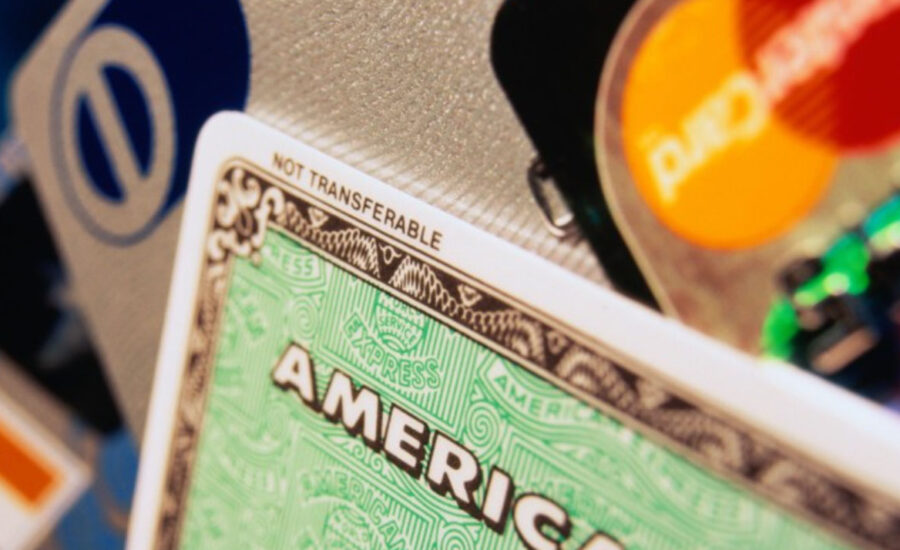Protect yourself from credit card fraud
While entirely eliminating the risk of credit card fraud isn’t possible, reducing the chances you will be hit requires mostly common sense.
Advertisement
While entirely eliminating the risk of credit card fraud isn’t possible, reducing the chances you will be hit requires mostly common sense.

As Canadians head out for their holidays this summer, they’re going to be reaching for their credit card to pay their way and experts want them to take some simple steps to protect against fraud.
While entirely eliminating the risk that your card number will be stolen isn’t possible, reducing the chances you will be hit requires mostly common sense.
Don’t lend your card, protect your personal identification number, don’t share your PIN number and check your transactions regularly.
“You should protect your card like you would cash,” says Maura Drew-Lytle, spokeswoman for the Canadian Bankers Association.
Drew-Lytle says banks are constantly monitoring credit card transactions looking for fraud, so you may want to let your bank know if you’re travelling so they don’t suspect your purchase of a souvenir while on holiday in Europe is someone that has stolen your card.
“If you’re someone that doesn’t travel a lot and all of a sudden they see transactions from Spain on your credit card, they may block it thinking it is fraudulent,” she said.
The big credit card companies have zero liability policies that can protect you from unauthorized purchases, but if your card is compromised and needs to be replaced it can be a major inconvenience, especially if you are travelling.
The introduction of chip cards in Canada has helped fight credit card counterfeiting. According to the Canadian Bankers Association, they reduced card counterfeiting by 23 per cent between 2012 and 2013.
However, the U.S., a major destination for vacationing Canadians, has been slow to adopt the technology with many stores and restaurants still swiping your card and requiring you to sign the bill.
Drew-Lytle says you should take the same precautions while travelling in the U.S. you did before chip cards were introduced in Canada.
“If anything looks unusual about the terminal that they are using, you might want to pay cash or go somewhere else,” she said.
When shopping online, Mike Haley, a regional vice-president for the Royal Bank, says beware of links sent to you with offers that seem like they might be too good to be true because they could be phishing attempts to steal your card information.
“If it is coming to you, you have to be a bit skeptical,” he said, adding that you should use a secure connection with making a purchase online and never send your card number by email, which is not secure.
Haley also recommends receiving electronic statements instead of paper bills because that eliminates another way your card number could be stolen.
If you spot purchases that aren’t yours on your statement or think you might have given out your number when you shouldn’t have, you should contact your card issuer right away.
Banks will contact you in some circumstances if they think a charge doesn’t look right.
If you’re concerned that a call from someone saying they are from your bank may be a fraudster, Haley says there’s nothing wrong with hanging up and calling back.
But, he adds, don’t call a number given to you by the person on the phone. Instead, call the number on the back of your card or look it up somewhere you can trust.
“Just connect with your card company,” Haley says. “They’ll take over the situation immediately, they’ll make sure they can issue you a new card and protect you from any additional risks out there.”
Your card company or bank will never call or email you to ask for personal information like your card number, expiry date or PIN.
Share this article Share on Facebook Share on Twitter Share on Linkedin Share on Reddit Share on Email